Detoxes & Cleanses

Detoxes and cleanses are often marketed as quick and easy solutions to reach weight loss goals or to rid your body of toxins.
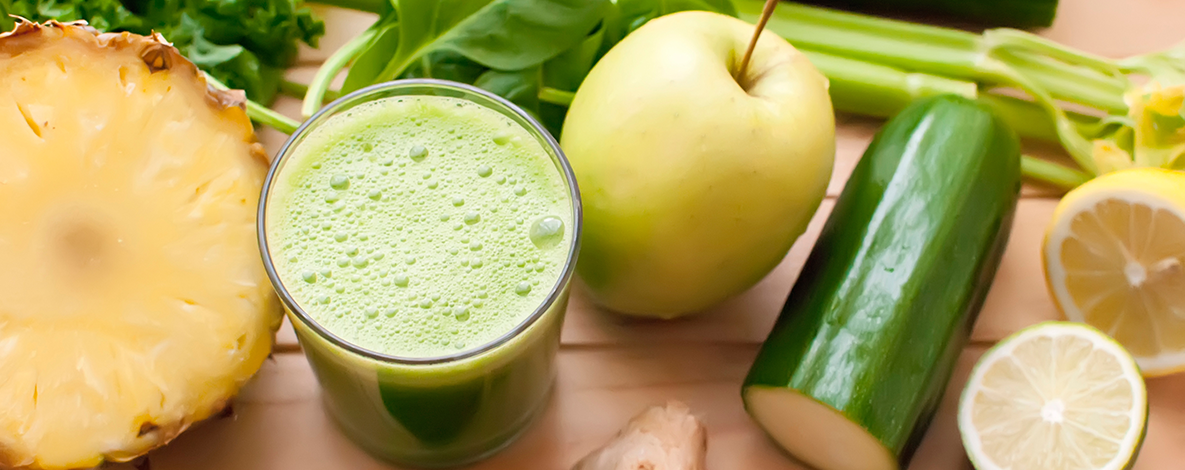
History of Detoxes & Cleanses
Detox diets date back to the early 1940s when Stanley Burroughs created the Master Cleanse diet, which he promoted as able to remove deadly toxins, pesticides, and other impurities from the body. It was initially used in the treatment of ulcers.
Fast forward about 60 years to when the Master Cleanse diet gained popularity as an approach to weight loss – a trend attributed to the book, “Lose Weight, Have More Energy, and Be Happier in 10 Days,” by Peter Glickman. To this day, you may see advertisements in magazines and on social media and TV touting the value of these quick-fix diets. Let’s take a closer look at what they entail.
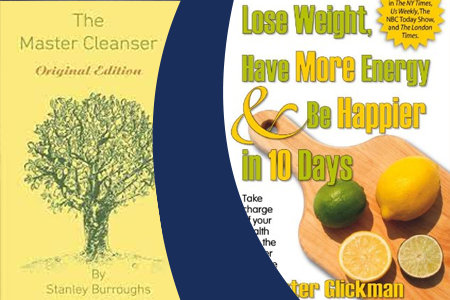
Defining Detoxes & Cleanses
Did you know that your body is constantly detoxifying itself? Whether or not you drink a particular juice or follow a detox diet, the detoxification process is one the body performs 24 hours a day, 365 days per year. Toxins produced by the body, such aslactic acid, urea, and waste products from the GI tract, along with external toxins like pesticides, air pollution, or chemicals from drugs and alcohol, are broken down naturally by the body. Once broken down they are removed from the body through urine, feces, sweat, and breathing.
Detoxes and cleanses are often marketed as quick and easy solutions to reach weight loss goals or rid your body of toxins. What’s not mentioned in those headlines are the negative effects these types of diets can have. Usually, detox diets are short-term and may include a period of fasting. The fasting period is normally followed by a strict diet of fruit juices, water, herbal teas, and supplements; raw fruit and vegetable intake may also be encouraged. These diets claim to have various positive effects on the body, such as promoting toxin elimination, improved circulation, weight loss, improved digestion, reduced inflammation, and improved energy. Despite all these claims, the truth is that research on these types of diets is minimal.
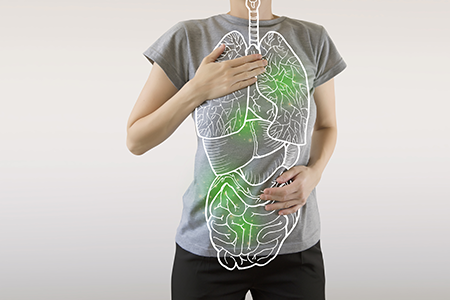
Pros of Detoxes & Cleanses
As with many diets, a detox or cleanse holds some potential benefits. Most detoxification programs focus on avoiding highly processed foods and increasing intake of whole fruits and vegetables, a plus considering the average American falls short of the daily recommendation for fruits and vegetables. While detox diets may promote these healthy foods, however, you don’t need to follow a rigorous detox or cleanse diet to incorporate them into your diet.
Another potential benefit of a detox or cleanse diet is that it may help identify food sensitivities or intolerances. By eliminating certain foods and then slowly reintroducing them, you might be able to identify specific intolerances.
That being said, it is always best to consult a physician or registered dietitian for assistance and guidance on the best way to identify such sensitivities. A ConnectCare3 Registered Dietitian can provide guidance.

Cons of Detoxes & Cleanses
Some detox or cleansing programs may be unsafe and falsely advertised. According to the U.S. Food and Drug Administration (FDA) and the Federal Trade Commission (FTC), detox and cleansing products containing illegal and possibly harmful ingredients have been identified. Some of these products are marketed with false claims of successfully treating serious medical diseases.
Other risks of such diets include consuming raw or unpasteurized juices containing harmful bacteria, and an increased risk of kidney problems due to high oxalate intake from foods such as spinach and beets. It’s also important to note that many detox diets severely restrict calories and may lack adequate nutrition to support a healthy body.
Furthermore, following a liquid diet consisting of mostly water and herbal teas can potentially lead to dangerous electrolyte imbalances. Individuals with underlying health conditions such as diabetes, kidney disease, gastrointestinal disease, or heart disease should be especially cautious regarding detoxes or cleanses.
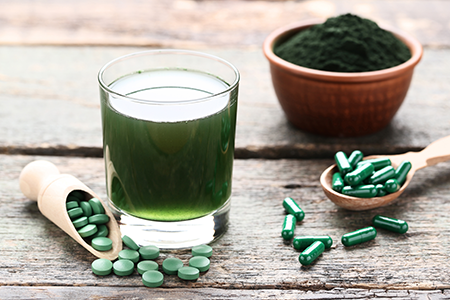
Individual Approach
Detoxes and cleanses may seem enticing as they promise results such as weight loss and improved energy. However, there’s not enough research available to confirm they are beneficial. Your body is well equipped to detoxify itself each and every day.
To support your body’s natural detoxification, stay hydrated with water and enjoy a well-balanced diet filled with fiber, fruits and vegetables, lean protein, and healthy fats and exercise regularly. If you have concerns about your diet, reach out to ConnectCare3 to start working with one of our Registered Dietitians.
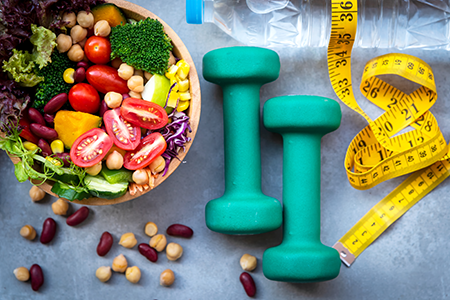
Healthline. “The Master Cleanse Diet (Lemon Detox Diet)”
Eat Right. “What’s the Deal with Detox Diets?”
National Center for Complementary and Integrative Health. “Detoxes and Cleanses: What You Need to Know.”
Download the Free Resource
Access a printer-friendly version of the resource to reference later.